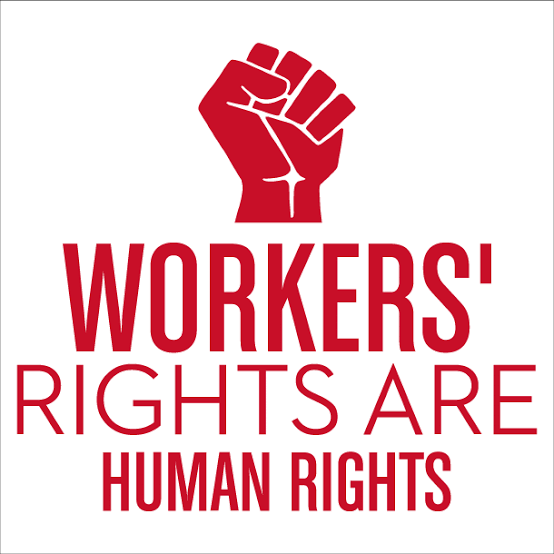Beijing, February 23, 2024, The Europe Today: China has released comprehensive guidelines aimed at bolstering the protection of workers’ rights in emerging employment forms, including ride-hailing and food delivery services. The guidelines, compiled by the Ministry of Human Resources and Social Security, provide detailed and practical rules to guide platform businesses in improving labor management and addressing issues such as excessive working hours and the lack of transparency in platform rules.
The guidelines mark a significant step forward in safeguarding the rights of workers engaged in the platform economy, encompassing sectors such as delivery, transport, and home services. Among the key provisions, workers will now benefit from minimum wage protection, ensuring a baseline level of compensation.
To combat overwork, platform businesses are now mandated to implement measures preventing excessive working hours. Additionally, the guidelines emphasize the importance of higher labor payment during holidays, recognizing the increased demands on workers during festive periods.
Transparency in platform rules is highlighted as a critical aspect of the guidelines. Platforms are now required to ensure sufficient transparency in their rules and operations, fostering a more equitable environment for workers. Furthermore, any changes to algorithms that impact workers’ rights and interests must be preceded by the solicitation of opinions from those affected.
The move comes in response to the rapidly evolving landscape of new employment forms in China, driven by the rise of ride-hailing services, food delivery, and other emerging sectors. These unconventional occupations have become vital contributors to job creation, with approximately 84 million workers currently engaged in new employment forms in the country.
The Chinese government has recognized the need to address the unique challenges faced by workers in these sectors, reflecting its commitment to protecting their rights and interests. Prior to the release of these guidelines, the government had already issued several documents outlining measures to ensure the well-being of workers in new and unconventional employment forms. The latest guidelines signify a continued effort to adapt regulatory frameworks to the changing nature of the workforce, promoting fairness, transparency, and improved working conditions.


